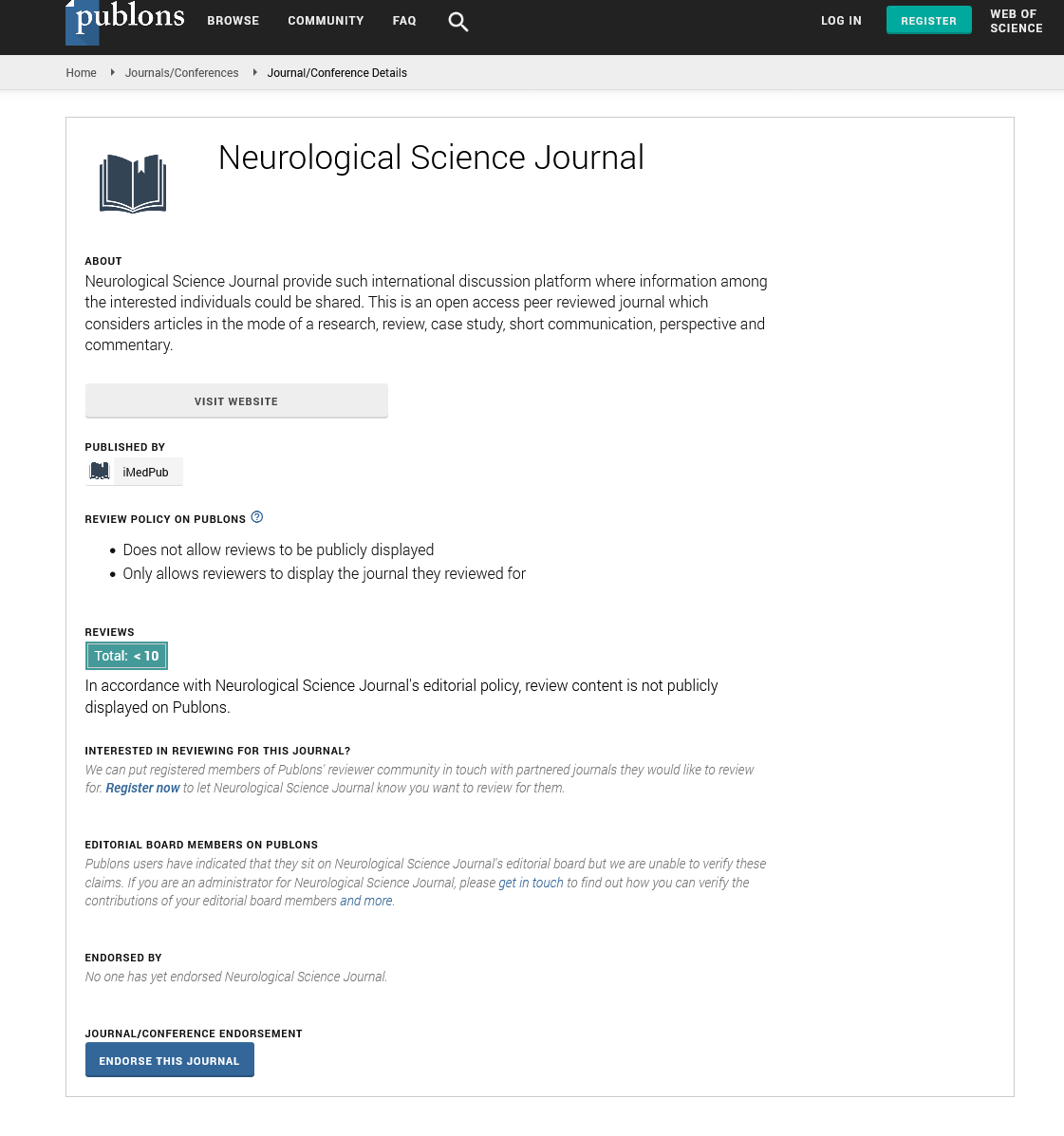Abstract
Applied Psychology 2017: The use of task analysis to test a model of change for the expanded Emotion Focused Therapy (EFT) task of focusing- Melissa Harte, Australian Institute for Emotion Focused Therapy
Abstract:
The trauma researcher van der Kolk wrote that for some people traumatic experiences are encoded primarily in right-brain experiential (non-verbal) memory, in the form of emotions, images and bodily sensations and are not processed on the symbolic or verbal level thereby leaving the experiences unintegrated. The aim of the current research was to investigate a model of bringing previously suppressed or incomplete memories of painful or traumatic events back into awareness in such a way that they can be processed and integrated. The model to be tested was proposed by the author and expanded the Emotion Focused Therapy (EFT) task of focusing to include processing painful or traumatic events. Task analysis is a method developed to discover and validate client processes of change was employed. EFT was developed using task analysis so it was considered the appropriate methodology for this investigation. Client who experienced painful of traumatic event of low level intensity and not having risk of destabilization was invited by the therapist to be a part of the study. 12 single sessions were visually recorded and transcripts produced. Rigorous observation of the recorded sessions of clients working with their therapists on resolving their painful/traumatic events using the expanded focusing task were undertaken by the author and a second rater who was familiar to the task and EFT. A sequential three stage empirical model emerged from the analysis. The implementation of task analysis enabled the researchers to build an empirically derived model of how therapeutic change occurred for clients who present with a felt sense of emotional pain due to an unresolved painful/traumatic event. The resultant empirical model describes a newly named EFT task for processing trauma when the marker is identified as a felt sense of emotional pain. Recent Publications 1.Harte M (2012) Change processes in therapy: Case studies in process-experiential/Emotion-Focused Therapy. La Trobe University, Melbourne.
In feeling targeted medical aid (EFT) the marker for the task of Focusing is often used for process AN unclear felt sense.
Author (2012) planned AN distended version of Focusing to incorporate the reprocessing of painful/traumatic events. Aim: The aim of this analysis was to use Task Analysis to check if the planned Focusing model as steered by author (2012) followed the steered pathway and will with success processes painful/traumatic events. Design: Empirical Task Analysis methodology was used. triton was originally developed from Task Analysis and thus it had been deemed the foremost acceptable methodology to use. Method: Twelve single sessions were visually recorded. Intimate triton therapists, together with the scientist, expedited single Focusing sessions as represented by the planned model. Therapists were trained within the extended Focusing task and were practiced in corporal punishment it. Shoppers enclosed, existing shoppers of the therapists, either naive to the present task or UN agency had undertaken this task before, and tyro triton therapists themselves. 3 measures were wont to rate sessions: Experiencing Scale, shopper arousal Scale-III and therefore the shopper feeling Productivity Scale. Rigorous observation of the recorded sessions was undertaken. so as to spot the particular procedural steps 3 thriving outcome sessions were compared with 3 unsuccessful outcome sessions. The primary empirical model emerged once this primary analysis and therefore the planned and empirical models were compared. 3 a lot of thriving outcome cases were then ascertained to more develop the ultimate empirical model that underwent variety of refinements till examination of a lot of in-session performances yielded no more discoveries. Conclusion: A ordered 3 stage empirical model emerged from the analysis. a awfully specific finding of the analysis highlighted the order within which the process of the unresolved past event required to occur. Once a primary feeling emerged it uncovered AN unmet would like for that specific event that successively junction rectifier to AN action tendency to possess that unmet would like met. thriving cases saw the shopper describe a felt shift and feeling a lot of resolved regarding the event.
Research investigated the process ANd integration of past painful/traumatic events victimisation and distended model of the feeling targeted medical aid (EFT) task of Focusing. In previous analysis author planned that process emotional injuries by transferral antecedently incomplete reminiscences back to awareness through activating felt sense, followed a specific sequence. The invention part of task analysis, a theory building analysis methodology, was wont to develop a close model that exposed the steps of shopper modification. 2 sets of shopper participants were recruited. (1) shoppers UN agency reported they'd intimate AN emotional injury that resulted in emotional pain and had been engaged within therapy for a few time and (2) tyro therapists in the role of shopper (bringing their own experiences) operating with another tyro. a complete of 9 triton trained therapists (26–57 years, mean = 44.25 years, 5 females and 4 males) worked with eleven shoppers (26–53 years, mean = 38.50 years, eight females and 3 males). Twelve single sessions were visually recorded, transcribed, and strictly analyzed. A ordered 3 stage empirical model emerged from the invention part of the task analysis. The resultant empirical model describes a recently known triton task for process emotional injuries in response to a felt sense of emotional pain (the marker).
Author(s): Melissa Harte
Abstract | PDF
Share This Article
Google Scholar citation report
Citations : 11
Neurological Science Journal received 11 citations as per Google Scholar report
Neurological Science Journal peer review process verified at publons
Abstracted/Indexed in
- Google Scholar
- Publons
Open Access Journals
- Aquaculture & Veterinary Science
- Chemistry & Chemical Sciences
- Clinical Sciences
- Engineering
- General Science
- Genetics & Molecular Biology
- Health Care & Nursing
- Immunology & Microbiology
- Materials Science
- Mathematics & Physics
- Medical Sciences
- Neurology & Psychiatry
- Oncology & Cancer Science
- Pharmaceutical Sciences
